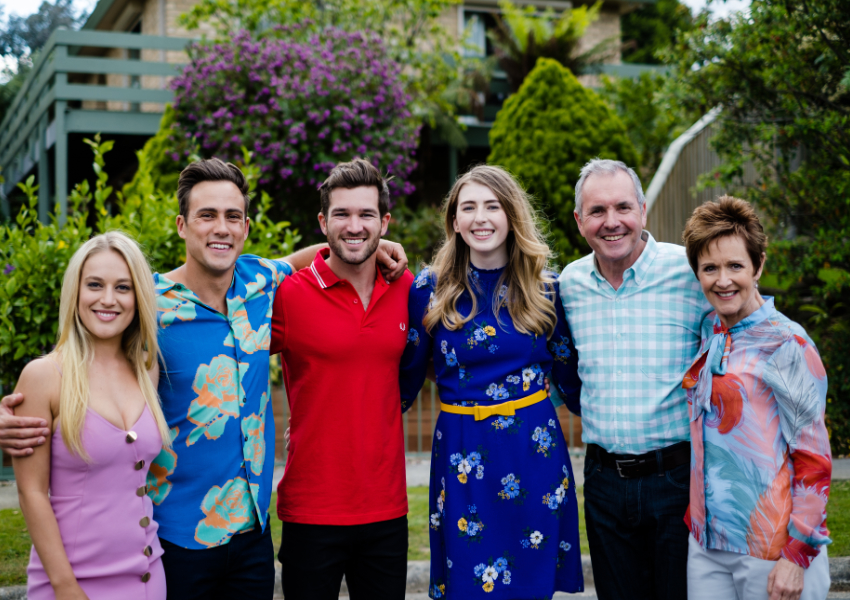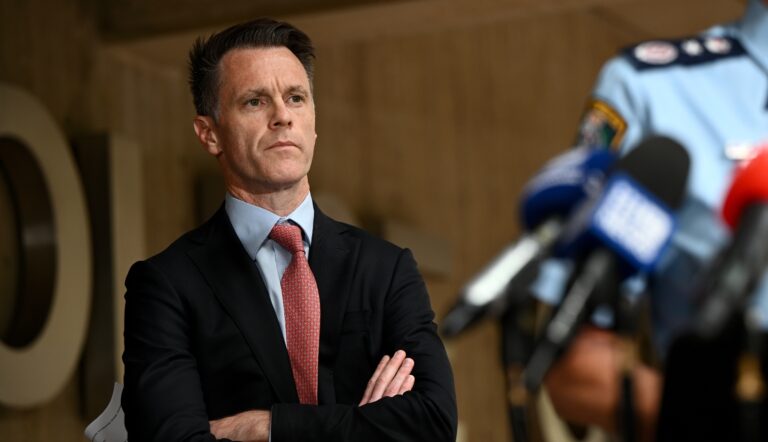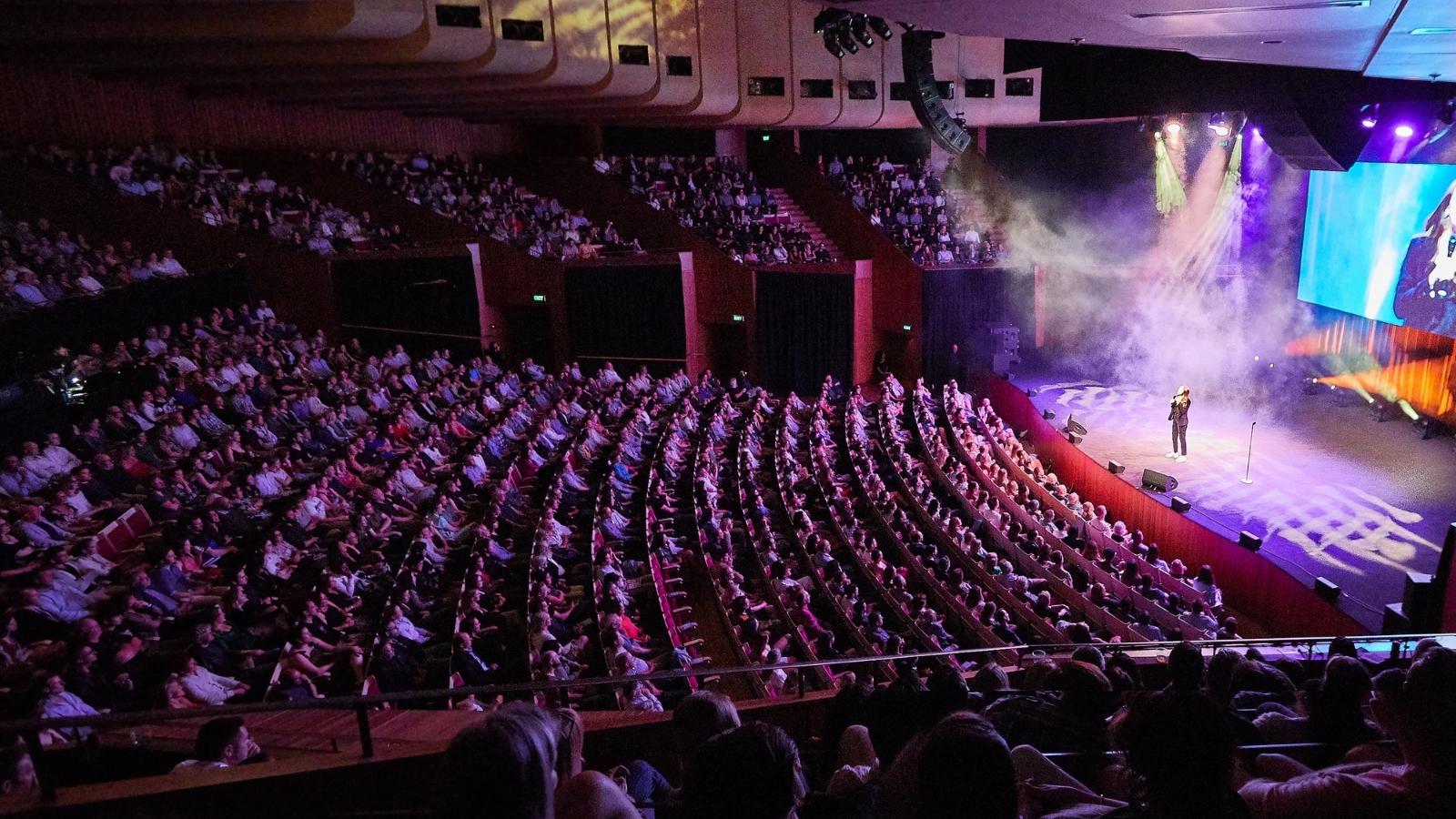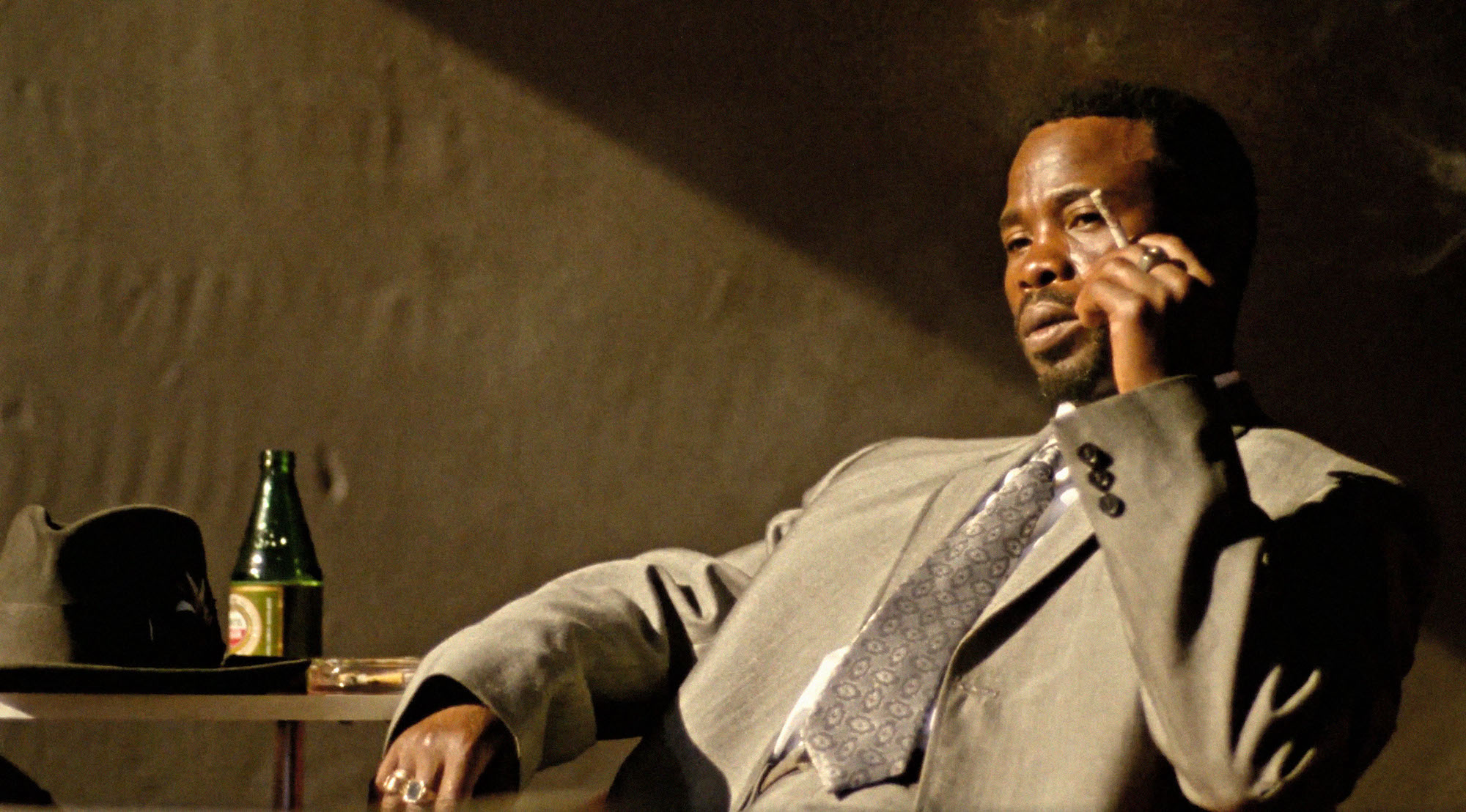
Neighbours Evicted?

By Rida Babar
A new announcement by the Morrison Government will see changes in the regulation of film and television content laws in Australia, throwing a massive spanner in the works for the industry’s COVID-19 recovery plan.
Australia’s arts and entertainment sector, which has already seen massive devastation all year due to production restrictions, will further be subjected to an approximate 50% reduction in content produced.
This will see the loss of thousands of jobs within the industry, as well as a reduced capacity to display Australian stories and talent.
The CEO of Screen Producers Australia (SPA), Matthew Deaner, commented on the changes, saying “The announcement today is an unfortunate backwards step that we predict will result in the demise of many Australian businesses and livelihoods.
“Deregulation of legacy platforms without a transition plan into regulation of new platforms creates a disjointed and incomplete policy response that tinkers around the edges, appears to have been driven by old-world thinking and has scant regard to the future of Australian screen content.
“A once in a generation chance to reset the foundations for Australian stories for future generations and bring regulation into the 21st century has been presented to the Government in a unified way by the screen industry and the response presented today falls short and needs rethinking.”
There has been significant concern from Aussies over the future of long running popular shows like Neighbours and Home & Away.
Chris Oliver-Taylor, CEO of Fremantle Media in Australia gave insight into the issue and its estimated impact on Neighbours.
“It [Neighbours] is commissioned by Channel Ten, and Channel Five in the UK so we’ve always got to make sure Neighbours works for those two main audiences. The market changes and the world changes, Netflix and other streaming giants commission more and more stories, so we’ve got to make sure Neighbours remains relevant to a global audience.
“As long as the show continues to be commissioned by Channel Ten and Channel Five, the employment levels will remain as they are.
“Fundamentally, the most important thing (that doesn’t affect Neighbours) is the tax offset which has increased from 20% to 30%, which is a really important uplift in funding television shows.
“Neighbours doesn’t qualify for that, but most do. This could have some negative aspects which some producers would like to change. It talks to the regulatory environment. There’s some winners and losers definitely.
“The government has said that it will put some regulation in place to support Australian stories and that’s good. It is a bit less than current, so there’s some change there but I don’t think that there’s anything we [Fremantle] really have to do.
“In a regulatory environment, you have to really understand it and build your business and stories around that environment. We’ll just keep understanding what’s going on to make sure we can try to build a set of dramas that work.”
Neighbours’ dual alliance with both Australian and UK commissioners has seen the impact on the show kept be minimal, however, fully Australian owned shows like Home & Away do not have this privilege.
Sarah Hanson-Young, spokesperson of the Communications, Media, and Arts sector of the Greens Party commented on the changes, saying “Without legal requirements on the global giants, our screens and children’s devices will become even more clogged with trashy, cheap shows from America. Our Aussie kids deserve better than this.
“It’s time to ensure the big streaming giants like Netflix, Disney, and Amazon who are flooding the domestic market contribute to Australia’s local screen industry, jobs, and telling local stories.
“Local stories are important for helping us understand who we are as Australians, what values we share, our cultural heritage and where we see ourselves in the rest of the world.
“The Greens will fight for local content requirements on streaming services to be legislated.”
A spokesperson from Screen Producers Australia revealed that “the advocacy situation is delicately balanced; however, we will be engaging with the government to reconsider some of the more damaging changes and we will continue to demonstrate how they will negatively impact our industry and outcomes for Australian viewers.”
On the topic of the changes impacting Australia’s locally produced entertainment industry in the long term the spokesperson said, “If there are no changes to the government’s policies, the industry will likely be less diverse, with a concentration of activity in major capitals, fewer small businesses and a move away from film to TV production.
“The competitive position of producers will also deteriorate, as they are forced to compete for fewer commissions, which weakens their bargaining position. This will mean less opportunities for development of unique and engaging ideas.”
Overall, these changes have resulted in dire prospects for most components of the film and TV production industry in Australia and are currently the subject of immense backlash.









